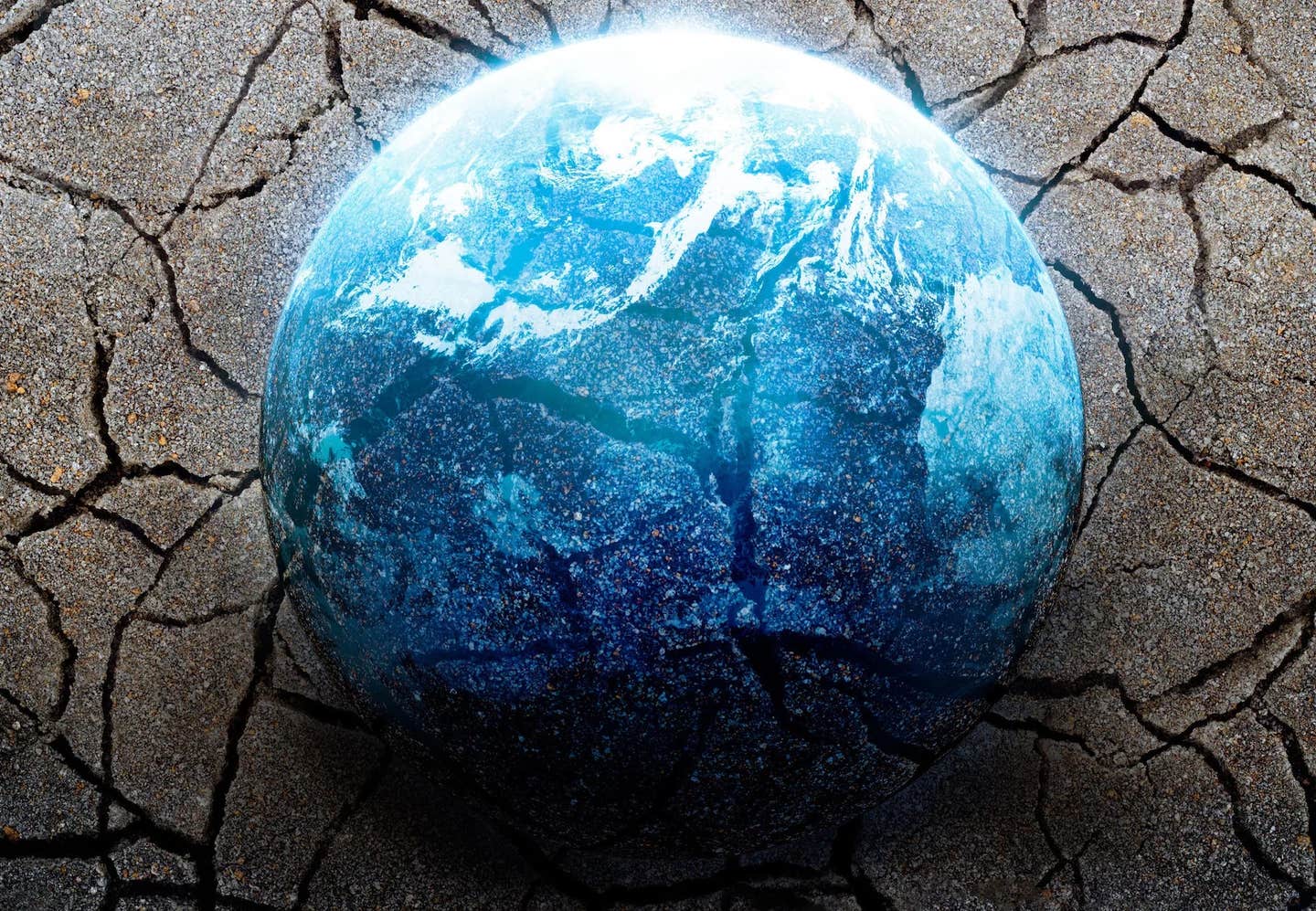Dark chocolate and children’s health: Surprising new findings
The Tulane University study examined 155 dark and milk chocolates from various global brands sold in the United States.

In 2023, a Consumer Reports study sparked concern among chocolate lovers by revealing that some dark chocolate brands might contain harmful levels of lead and cadmium.
However, a recent study by Tulane University, published in Food Research International, brings reassuring news: dark chocolate poses no adverse health risks for adults and offers beneficial levels of essential minerals.
The Tulane University study examined 155 dark and milk chocolates from various global brands sold in the United States. Researchers tested these chocolates for 16 heavy metals, including both toxic ones (lead and cadmium) and essential ones (copper, iron, and zinc). They then modeled the risk of consuming one ounce of chocolate per day, which equates to eating more than two whole chocolate bars a week.
The findings were reassuring. Only one brand of dark chocolate exceeded the international limit for cadmium in bars containing more than 50% cacao (800 micrograms per kilogram). Additionally, only four dark chocolate bars had cadmium levels that could pose a risk to children weighing 33 pounds or less, the average weight of a 3-year-old in the U.S.
“For adults, there is no adverse health risk from eating dark chocolate,” said Tewodros Godebo, lead author and assistant professor of environmental health sciences at Tulane University School of Public Health and Tropical Medicine. “Although there is a slight risk for children in four of the 155 chocolate bars sampled, it is not common to see a 3-year-old regularly consume more than two bars of chocolate per week. What we’ve found is that it’s quite safe to consume dark chocolate and milk chocolates.”
When it came to lead, two chocolate bars contained levels above California’s interim standards for dark chocolates, but neither was determined to pose adverse risks to children or adults.
Related Stories:
This study stands out because it not only looked at the presence of heavy metals in chocolate but also considered their nutritional benefits.
Dark chocolates were found to contain high levels of essential nutrients such as copper, iron, manganese, magnesium, and zinc. Several chocolates provided more than 50% of the daily requirement for these minerals for both children and adults.
“Not only is dark chocolate packed with these essential minerals, but they can potentially reduce the absorption of toxic metals in the intestine since these metals compete for the same site,” Godebo explained.
The study also explored where these metals come from. Much of the lead in chocolate comes from post-harvest processing, while cadmium comes from the soil and passes through the plant into the cacao bean.
Researchers sorted the chocolates geographically and found that dark chocolates from South America had higher levels of cadmium and lead compared to chocolates from Asia and West Africa. West Africa is a primary source of dark chocolate for the United States.
“But even for chocolates from South America, we found there is no adverse risk in eating an ounce per day,” Godebo said.
For adults who enjoy dark chocolate, this study offers reassurance. The small risks identified for children are not a major concern, given the unlikely scenario of young children consuming large amounts of dark chocolate regularly. The nutritional benefits of dark chocolate, including its rich mineral content, make it a beneficial addition to a balanced diet.
For more science news stories check out our New Innovations section at The Brighter Side of News.
Note: Materials provided by Rutgers University. Content may be edited for style and length.
Like these kind of feel good stories? Get the Brighter Side of News' newsletter.



